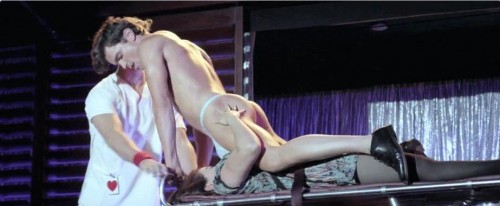On the heels of yesterday’s post, illustrating the gender binary in Halloween costumes, compare the “Toddler Girls” vs “Toddler Boys” Cookie Monster Halloween costumes at Party City:
“We’re not joking when we say gender expectations and sexualization start early,” writes the blogger for Radical Notions.
Lisa Wade, PhD is an Associate Professor at Tulane University. She is the author of American Hookup, a book about college sexual culture; a textbook about gender; and a forthcoming introductory text: Terrible Magnificent Sociology. You can follow her on Twitter and Instagram.








